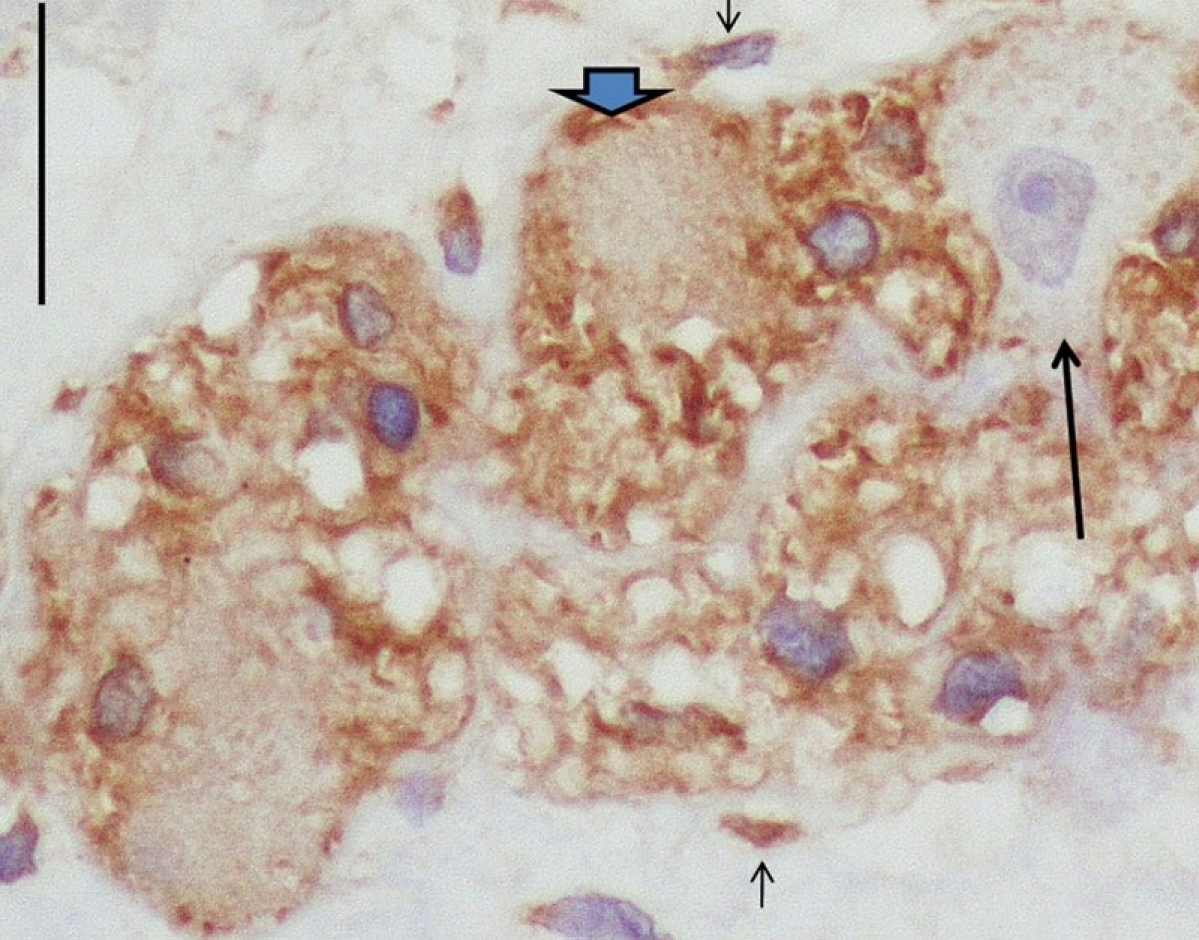Luteinizing Hormone is a hormone that plays an important role in the menstrual cycle, and one that can help women find out when they are fertile. Let's take a closer look at what Luteinizing Hormone, commonly abbreviated as LH, does inside the female body.

The anterior pituitary gland makes luteinizing hormone. It's the big surge in LH, which occurs somewhere in the middle of the menstrual cycle, that triggers ovulation (the release of an egg from the ovaries, which means you are fertile). What is left over from the follicle then turns into something called the corpus luteum, a small sack in the ovaries that will in turn produce hormones that create a favorable environment for pregnancy in the uterus.
Men also produce luteinizing hormone, and in their case LH influences the production of other reproductive hormones, including testosterone. In women, high levels of LH only occur just before ovulation, and later on when she starts having menopause symptoms. Women who suffer from Polycystic Ovary Syndrome (PCOS) also have high levels of luteinizing hormone.
If you do not fall into one of these groups, and are trying to get pregnant, LH can play a great role in helping you to conceive quicker. Ovulation tests actually rely on this hormone to tell women who are hoping to conceive that they are about to start ovulating. Ovulation tests are handy tools that women can start using around a week before they expect their most fertile day.
When the LH surge happens, couples hoping for a baby can find out what is happening if they use ovulation tests. More sensitive LH tests are also used in medical offices to diagnose infertility in both men and women, as well as (early) menopause for women who are showing signs of that.
- medlineplus.gov/ency/article/003708.htm
- medlineplus.gov/ency/article/007062.htm
- Photo courtesy of Libertas Academica by Flickr: www.flickr.com/photos/libertasacademica/7363492204/

















Your thoughts on this
Loading...